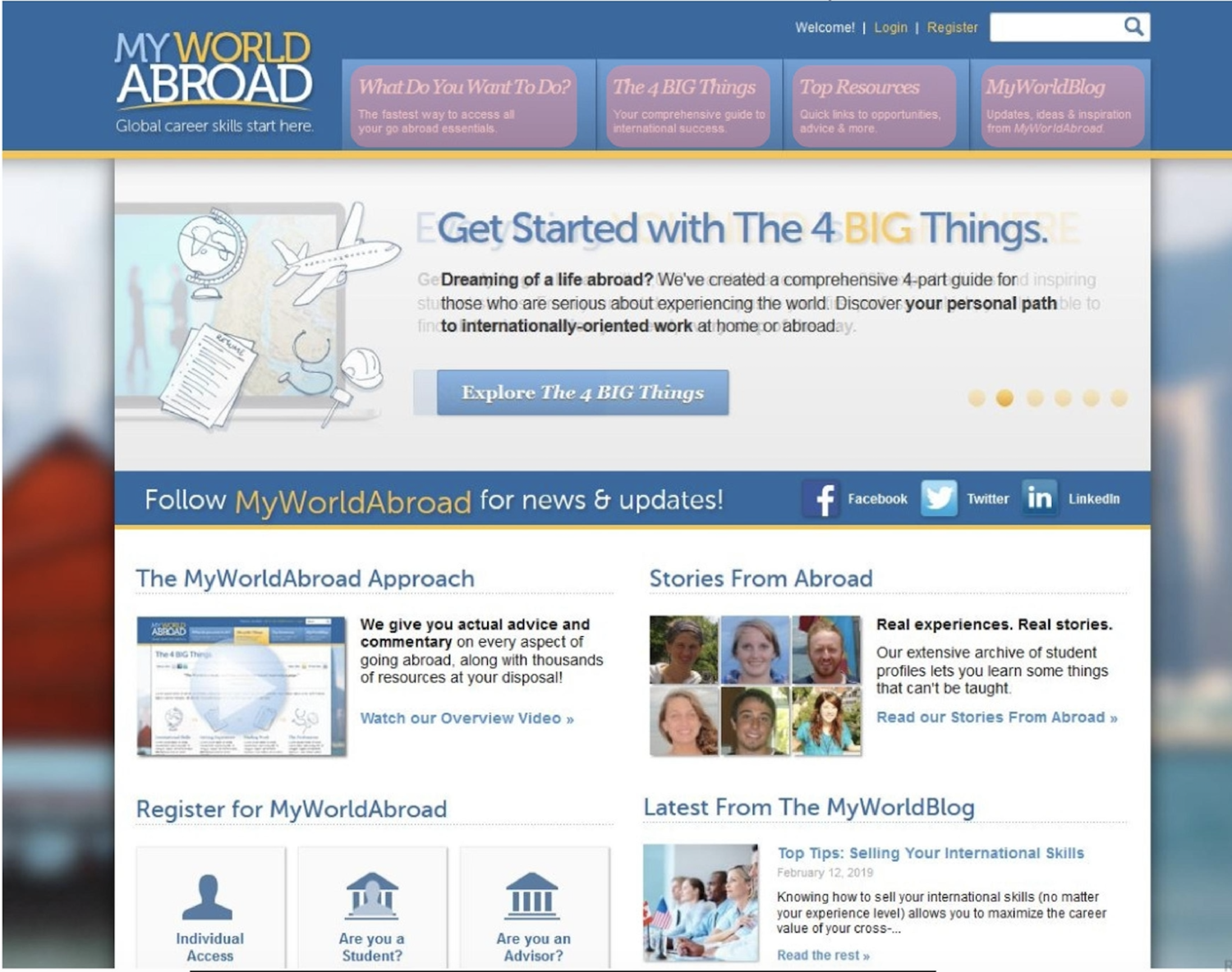Pain Points and User Sentiments on Student Progress Reporting System at Hebrew Day School
sEPTEMBER 2017 - DECEMBER 2017 | Hebrew day school (HDS) | Ann Arbor, MI (USA)
Team: Three Other UX Researchers and HDS Principal/Headmaster (client) | My Role: UX Researcher
Project Details: The Hebrew Day School (HDS) of Ann Arbor, is a small, private institution, registered among 15 other private Jewish private schools in the State of Michigan (USA). Its mission is to educate youth from kindergarten through the 5th grade in core subjects while providing students with Judaic studies, including Hebrew Immersion. The problem that HDS has identified is the amount of time and effort it takes to produce a single progress report with its current system by its teachers (primary users) without knowing the benefits of these efforts for parents (secondary users).
Project Brief: Our task was to a) evaluate HDS’s system for the production of progress reports (e.g., platforms, data collection method, workflow), b) assess collaboration between teachers with respect to progress reports, and c) make recommendations to improve the efficiency of progress reports and school-parent communication.
Hypothesis: Reducing the lengthiness and format and language inconsistencies of the report, improving the data collection process by teachers, and creating a more streamlined approach for school-parent communication will allow teachers to redirect more of their time to lesson planning and instruction.
Process
Held stakeholder interviews with primary stakeholders to understand the problem space.
Carried out user research collect both qualitative and quantitative data.
Formulated and shared five main recommendations that addressed both long-term and short-term challenges with the progress reports.
Shared presentation and research report with the primary stakeholder so that they could socialize the research findings and recommendations to teachers and other administrators
Some Challenges
Limited sample size: We had a limited sample of parent participants and non-teacher administrators in the study which resulted in more feedback from teachers
Few contextual inquiry interviews during parent-teacher conferences: We lacked contextual inquiry interviews with parents while speaking with teachers about their child’s progress report. The parental interviews took place onsite though.
Project Deliverables
[ ] Final report: to share with client mutual understand of problem, research methods, findings, insights, and solutions
[ ] High-fidelity prototype: to provide an example of a more efficient and streamlined way for teachers to generate progress reports in the short-term
[ ] Literature reviews: to gain greater context about the progress reports, learning outcomes, and student tracking to inform interviews
[ ] Surveys: to help us formulate better questions for the interviews with HDS community members.
[ ] Contextual inquiry interviews to collect more in-depth information that would help us define the specific source(s) of the problem.
[ ] Affinity mapping: to identify common themes that administrators, teachers, and parents discuss
💡 Some Interesting Learnings (Not All)
There is no standard way of communicating between teachers/administration, collecting data, and revising the progress reports. There is also no standard way of hearing feedback from parents or assessing the performance of the progress reports, which negatively affects teachers’ perceptions of parents’ opinions about the reports.
Teachers share an abundance of information on the progress reports that many parents don’t prioritize when consuming its contents. Parents mainly focus on challenges and trends in the progress report in addition to Hebrew and Judaic studies. HDS administration has an influence on the progress reports which adds additional time to the completion of producing the progress reports.
